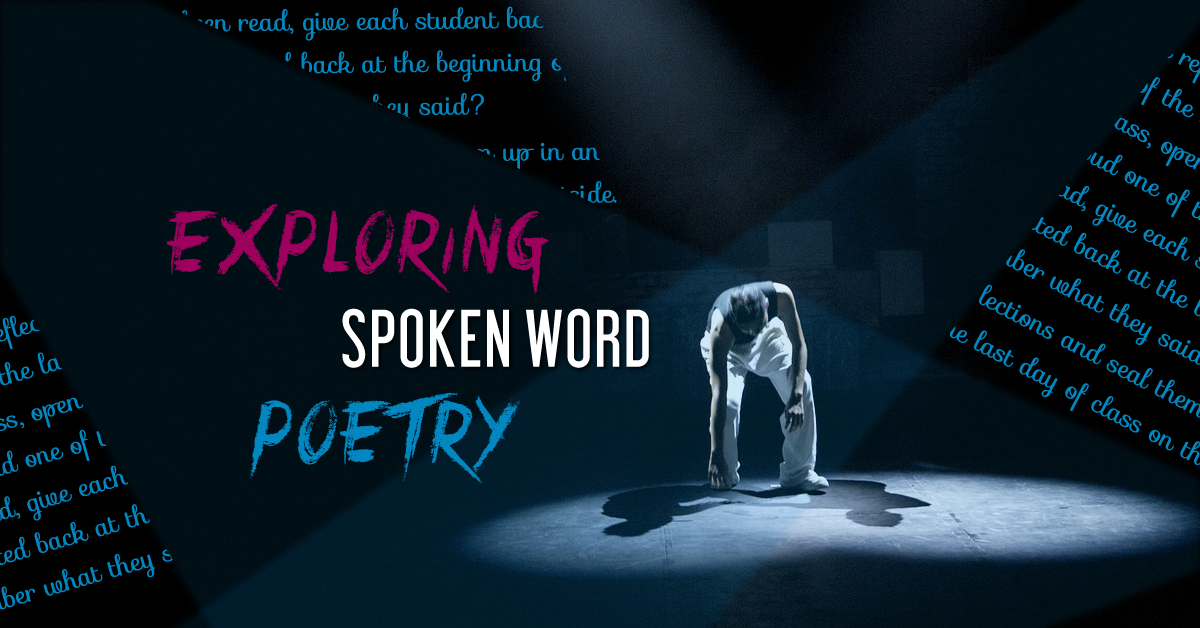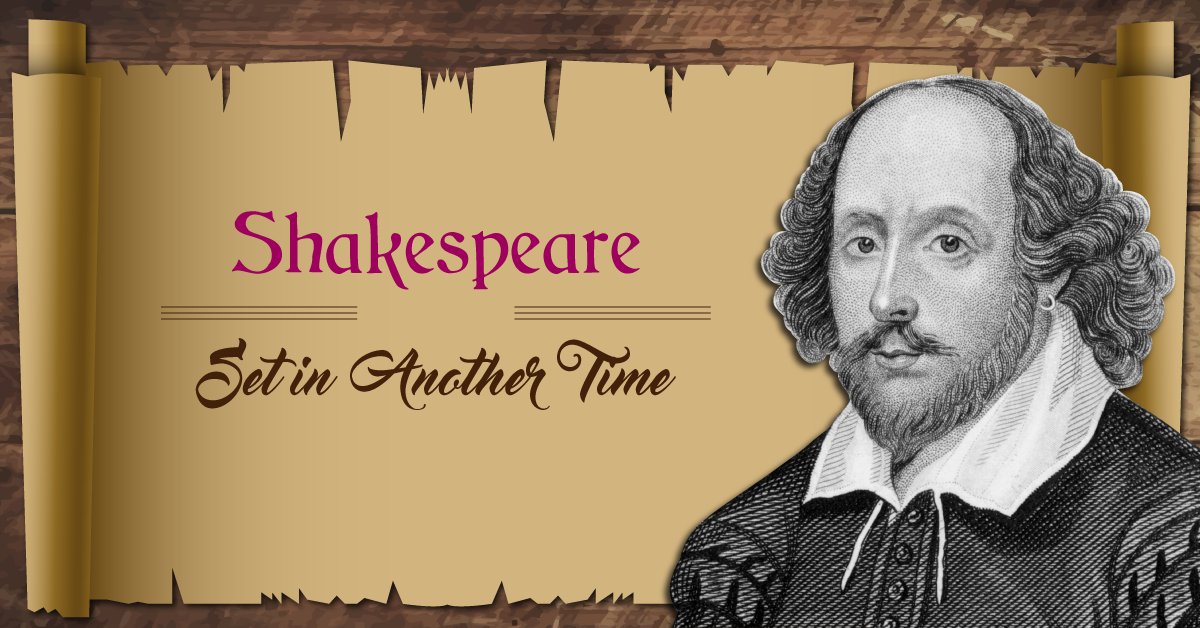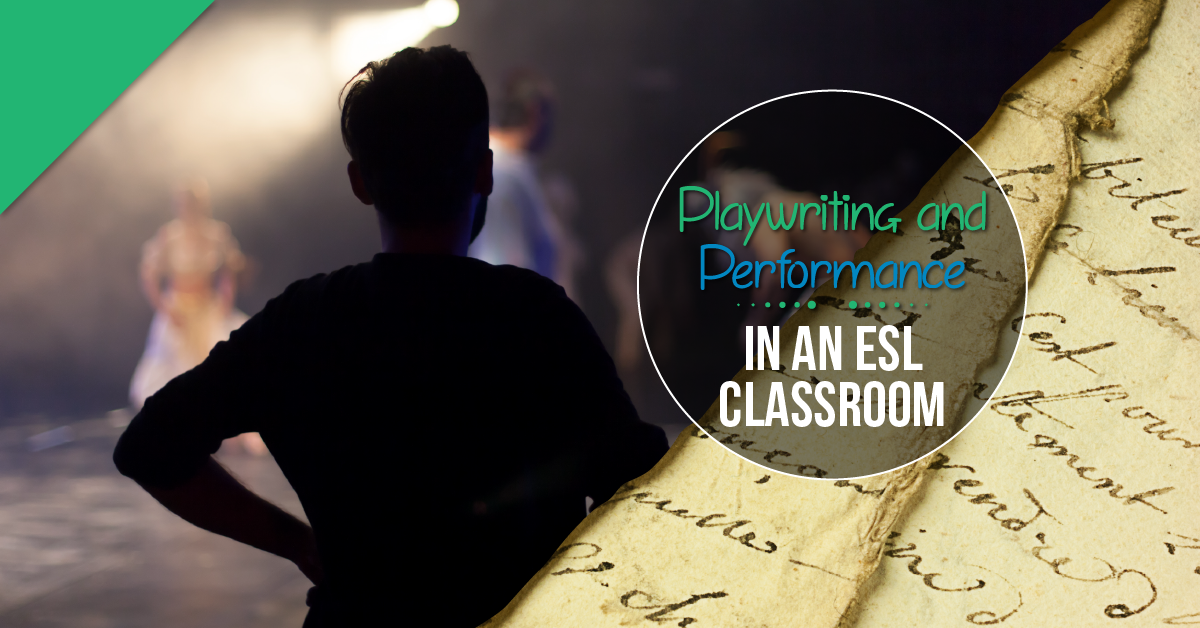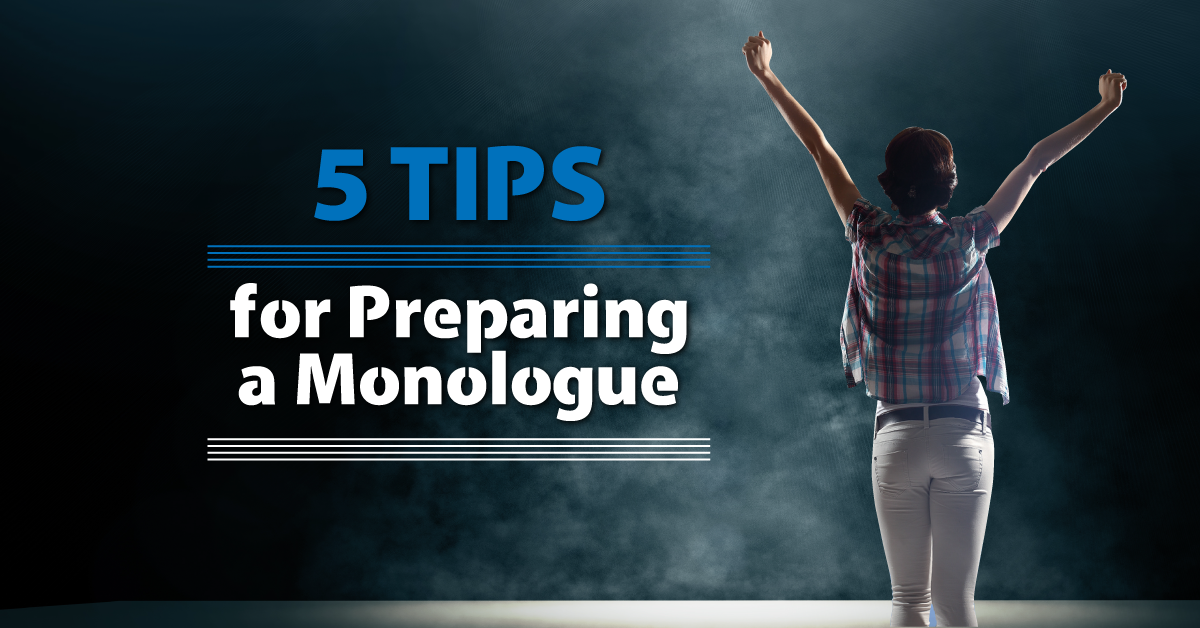Exploring Spoken Word Poetry
Spoken word is poetry that is meant to be performed for an audience, rather than just read on a page. Spoken word has a freedom to it. Spoken word poems can use alliteration, rhyme, repetition, slang and word play…but there aren’t specific rules or a certain format to follow. Spoken word poems don’t have to follow a certain meter or have a set number of lines.
However, this doesn’t mean that that spoken word poems are wishy-washy. They are meant to be highly personal and full of emotion, opinion, and attitude – which makes spoken word so perfect for students to explore. It allows students the opportunity to share their thoughts, and provides a platform for them to do so. It also builds on important performance skills taught in the drama classroom, including memorization and rehearsal, vocal projection, enunciation, tone, gestures, facial expressions, and confidence.
So, let’s get students exploring spoken word poetry! Here’s an exercise that will help them develop a piece to be performed.
1. Start with a topic that evokes strong, personal feelings.
This is not the medium to play it safe. Think in grandiose terms: my greatest success, my worst fear, my most hated experience, my biggest goal in life, the issue that I feel most strongly about. I am a huge fan of brainstorming – take 2 minutes and have students brainstorm a list of words or sentences about one of the topics listed above, or another topic of your choosing. Remind students that what they write is meant to be performed. If they aren’t comfortable sharing their thoughts on a certain topic, they should go in another direction with their topic.
2. Develop clear visual imagery around the topic.
If your topic had a visual image, what would it be? What colour is your topic? How does it look, feel, smell, taste? If your topic was a person, what would they be like? Have students create a mood board by cutting out imagery from magazines or printing photos off the internet to make a visual inspiration of their topic.
3. How do these images translate verbally?
Students will take their mood boards and brainstorm lists and use them to inspire their piece of spoken word poetry. On a new piece of paper, have students write the following words:
- I see
- I hear
- I smell
- I touch
- I taste
- I feel
- I think
- I wonder
- I want
- I am
Students will then complete the sentences in relation to their topic. Once those ten sentences are complete, cross out the “I” and first verb, and voila – students have a whole series of imagery that can be sorted, re-arranged, and worked around to make their spoken word poem.
4. Practice and perform.
Once students have their poems written, it’s time to practice and perform. All spoken word pieces must be memorized. In class, allow students to partner up and perform for each other as a practice round, before having students perform for the entire class.
Remind students about the qualities of good performance: projection, ennuciation, variety in tone, gesture, eye contact with the audience, and emotional expression. This is not a poetry recital, it’s a spoken word performance!



